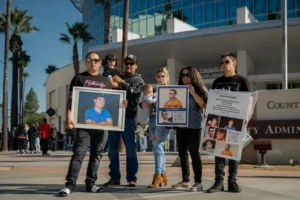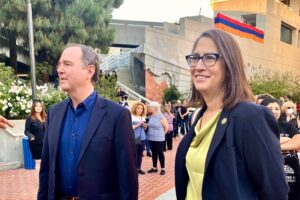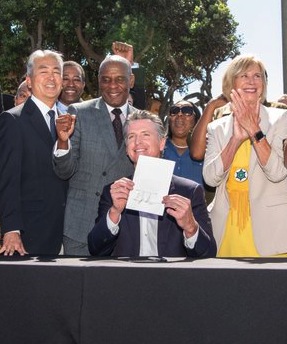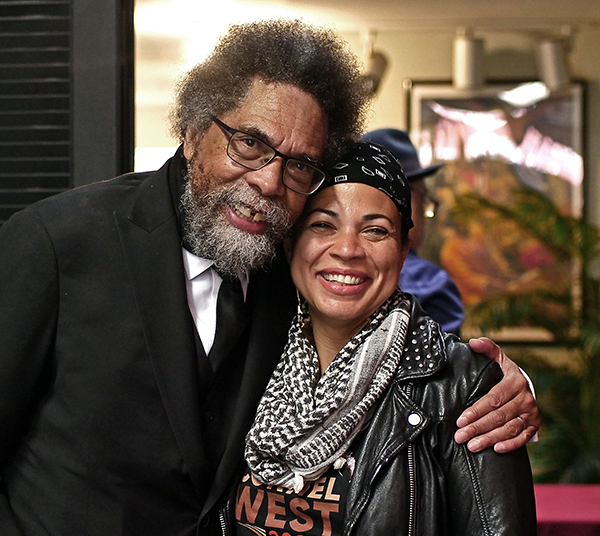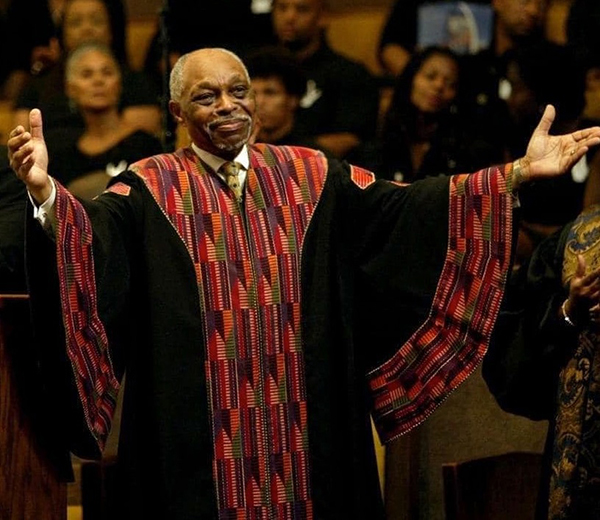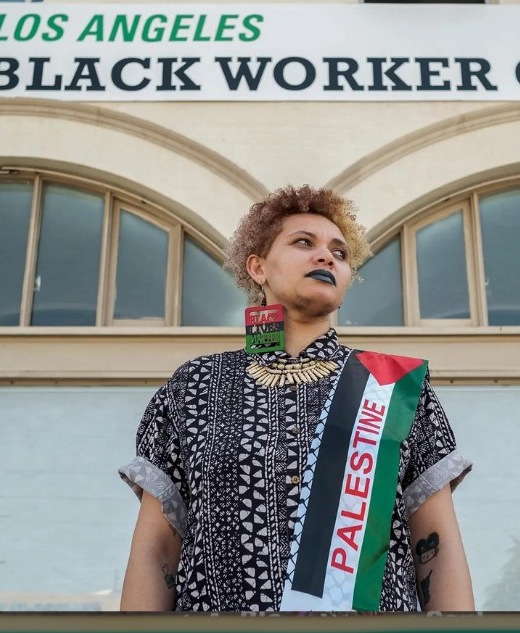Weary of federal inaction, municipalities are taking concrete steps to atone for racism, discrimination
By Janice Hayes Kyser
Contributing Writer
LOS ANGELES — Successful efforts here and in other U.S. cities to atone for generations of slavery and institutional racism in America are helping to fuel the fight for national reparations for all African Americans, some experts say.
Plans to return Manhattan Beach beachfront property valued at $75 million to descendants of a Black family that had it covertly seized in 1928 and efforts in suburban Chicago to help finance homes for Black residents are examples of local efforts at reconciliation that are shifting reparations from the periphery of political discourse to the center stage, those experts say.
“The topic of reparations has moved from the fringes to the mainstream and our people and our movements should be encouraged by these recent victories, which are all important steps on our long, multi-generational journey for truth, justice and healing through reparations,” says Baba Jahahara Amen-RA Alkebulan-Ma’at of the National Coalition of Blacks for Reparations in America.
Jessica Fulton, vice president of policy at the Joint Center for Political and Economic Studies, agrees, adding that successful reparations efforts at the municipal level also can provide practical insight into how national efforts might be formed and implemented.
“The local reparations wins are an exciting opportunity to explore the potential design and impacts of [national] reparations,” Fulton said.
“These localities can serve as examples — much like localities have on policies such as the minimum wage and paid sick leave — to show the public how policies should be designed and implemented at the state and federal levels.”
The federal reparations bill — first introduced in 1989 and reintroduced this year by Texas Rep. Sheila Jackson Lee — has more support than any time in its history (184 co-sponsors). The bill, HR 40, would address the brutality and inhumanity of slavery and establish a commission to study and consider a national apology and proposal for reparations.
In a historic victory earlier this year, the bill made it out of committee for the first time in its 32-year history. Now it will go to a floor vote in the House and the Senate, where it is expected to face an uphill battle given the divisive political climate in Congress.
Given that plight, some experts believe the battle for reparations may be won from the bottom up, rather than the top down.
“The saying that all politics is local bears a lot of truth,” said Ron Daniels, convener of the National African American Reparations Committee. “We are seeing the moral arc bend in a number of places across this country and we should all be encouraged by that.”
Perhaps that reality inspired L.A. Mayor Eric Garcetti to launch a blue-ribbon task force — comprised of leading voices in activism, academia, law and racial justice — to advise the city on how to establish a reparations program for Black residents.
In June, Garcetti also announced the formation of a national coalition of U.S. mayors committed to supporting reparations efforts at all levels of government.
At the state level, Gov. Gavin Newsom signed a landmark bill into law last year that would establish a statewide task force to assess the impact of slavery on African Americans and explore ways the state might provide reparations. That committee, which has met four times this year, meets again Dec. 8-9.
Meanwhile, several other jurisdictions are taking steps to repair past injustices against African Americans. They include:
• Evanston, Illinois, where earlier this year, officials in the north Chicago suburb approved a first-in-the-nation program offering reparations to Black residents whose families have suffered decades of discriminatory housing practices. The $10 million plan would distribute up to $25,000 per eligible resident with funding coming from a 3% tax on recreational marijuana.
• Asheville, North Carolina, where city leaders committed $2.1 million last year toward reparations efforts after apologizing for the city’s role in U.S. slavery and in discrimination against Black residents. The program does not mandate direct payments to Black residents, officials said, but would require investments in areas where those residents face discrimination or disparities.
• Detroit, where voters overwhelmingly approved a proposal to establish a reparations task force that would address the impact of institutional racism on Black residents and explore ways to atone for that discrimination. The task force could recommend city-sponsored initiatives intended to improve opportunities for the city’s Black residents, observers say, but it was not immediately clear how those programs would be funded.
Other communities reportedly considering reparations programs include Amherst, Massachusetts; Providence, Rhode Island; and Iowa City, Iowa. Many other municipalities also have voted recently to study their histories of racism and discrimination and assess what, if any, remedies they might undertake.
Some observers say research and analysis are admirable first steps, but good intentions mean nothing without results.
“Studies without actions are clearly not what we need, but it all begins with acknowledging the truth,” says Los Angeles Urban League President Michael Lawson, a member of the city’s blue-ribbon reparations task force.
“The saying that the truth will set us free, is certainly true.”




